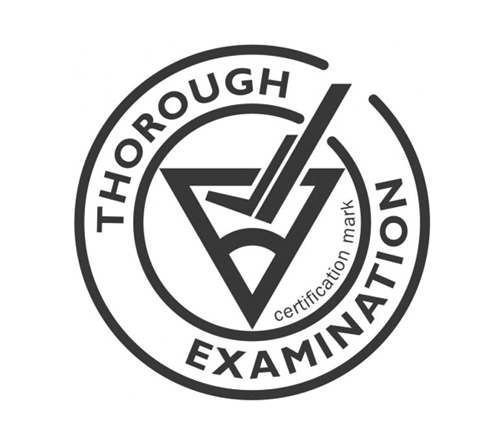Search for a machine...
Multy Lift were established in 1986 and we've been trading for 39 years.

Competitive Prices
Guaranteed
ISO Compliant
Certificated Business
Finance Options Available
On Request
All Forklifts Supplied With
A Thorough Examination
Over 39 Years
Within The Industry


